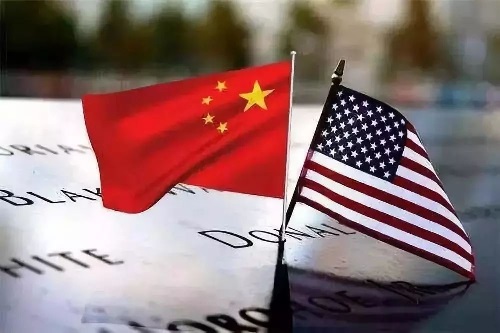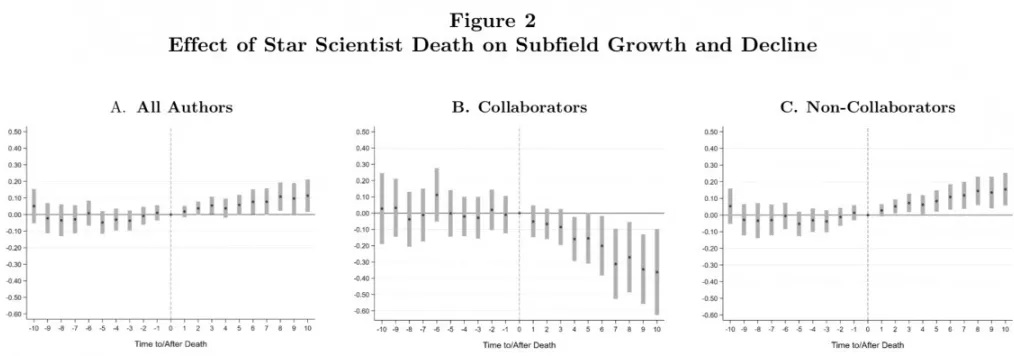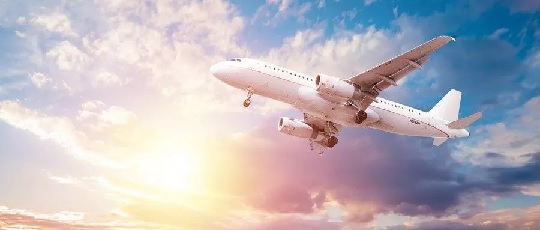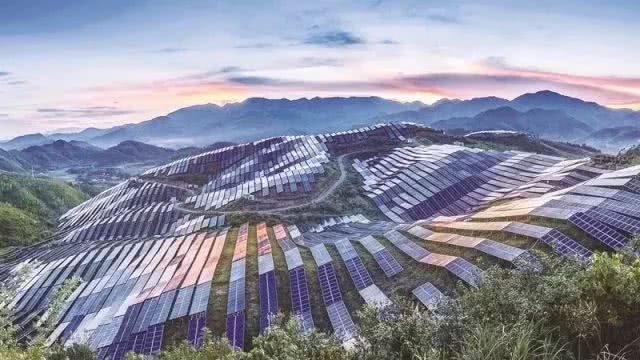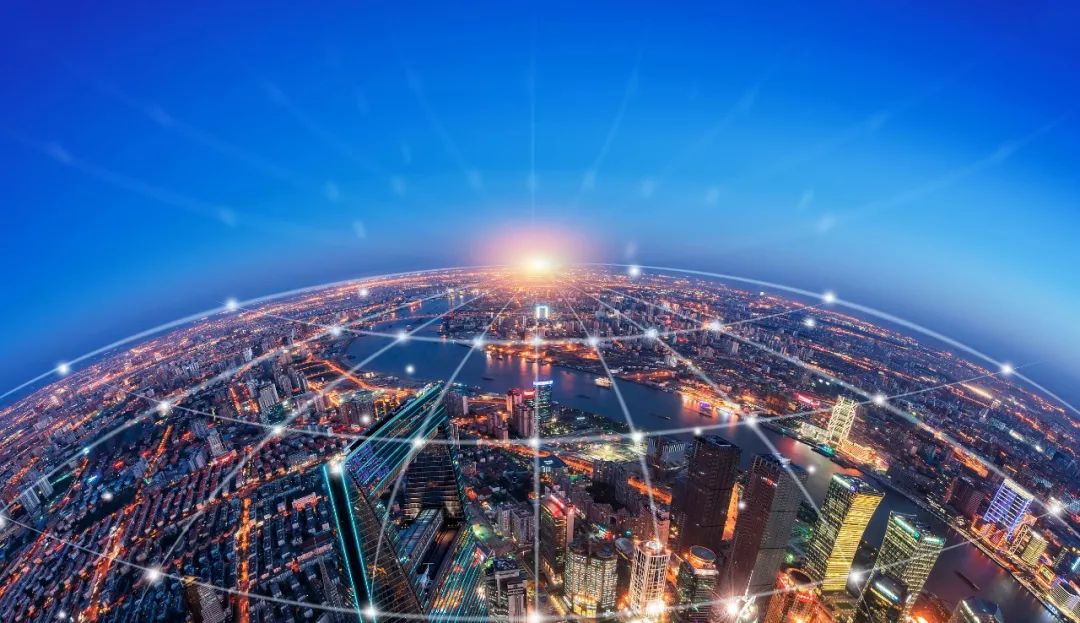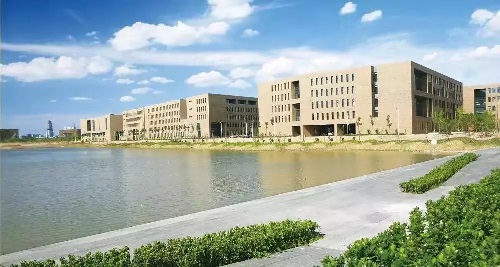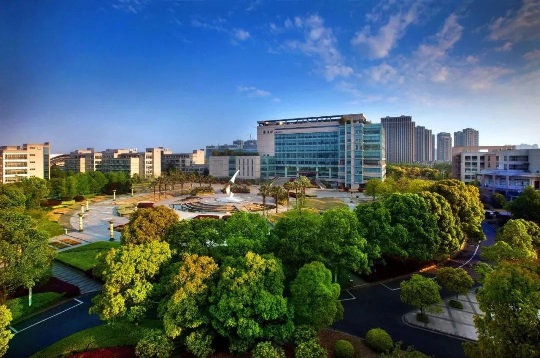Everything is going according to plan.
一切都在按计划进行。
That’s the line from President Vladimir Putin. The war in Ukraine, in its fifth month and with no end in sight, may be grueling. But senior Kremlin officials keep repeating that Russia, gaining the upper hand in Ukraine’s east, will achieve all its goals.
这是普京总统的说法。乌克兰战争已经持续了五个月,而且看不到结束的迹象,它可能会让俄罗斯精疲力尽。但克里姆林宫高层官员反复强调,在乌克兰东部占据上风的俄罗斯,将实现所有目标。
That might seem hard to believe. After all, Russia has been forced to retreat from Kyiv, experienced several military reversals, faced sanctions on an unprecedented scale and been subjected to a chorus of international condemnation. To call such a litany of difficulties and outright failures a success may be to court the charge of propaganda, hypocrisy or even self-delusion.
这似乎让人难以相信。毕竟,俄罗斯已经被迫从基辅撤退,多次遭遇军事逆转,面临空前规模的制裁,并受到国际社会的齐声谴责。将这种接连不断的困境和彻头彻尾的失败称为成功,难免会被指政治宣传、虚伪,甚至是自欺欺人。
But it’s what the Kremlin seems to believe. Over two decades I have closely followed Mr. Putin’s words, behavior and decisions, forming a comprehensive picture of the president’s calculations. Based on his public rhetoric and policy moves and informal discussions with insiders, I have been able to work out — as far as is possible — the contours of the Kremlin’s current thinking. What is very clear is that in late May, the Kremlin came to the firm conclusion that it is winning this conflict in the long run. And Mr. Putin, in contrast to the early chaotic months, now has a clear plan.
但克里姆林宫似乎就是这么认为的。二十多年来,我都在密切关注普京的言行和决策,对这位总统的盘算有了一个全面的了解。根据他的公开言论和政策举措,再加上与内部人士的非正式谈话,我已经能够尽可能地描绘出克里姆林宫目前的大致思路。很明显,克里姆林宫在5月底就得出了坚定的结论,从长远来看,它将赢得这场冲突。与最初几个月的混乱相比,普京现在已经有了清晰的计划。
Consisting of three main dimensions, the plan is a kind of strategic Russian doll. Each aspect fits within another, amounting to a grand scheme that goes far beyond Ukraine yet centers on it. It may sound extremely fanciful, and it certainly reveals how divorced from reality — to put it mildly — Mr. Putin is. But it’s important for the West, whose response has wavered between confrontation and acquiescence, to understand the full scope of Mr. Putin’s hopes as it continues to assess its role in defending Ukraine against Russian aggression.
他的计划由三部分组成,某种程度上就像俄罗斯套娃。每环都与另一环相互契合,构成一个宏伟规划,以乌克兰为中心,但又远超出乌克兰本身。这听起来或许很荒诞,但它确实揭示了普京是多么脱离现实——这还是客气的说法。但对于在对抗和默许之间摇摆不定的西方来说,要继续评估自身在保护乌克兰免受俄罗斯侵略问题上所发挥的作用,就得了解普京的全盘目标。
The smallest, most pragmatic and achievable goal concerns Russia’s territorial ambitions in Ukraine. Having failed to advance much further into Ukrainian territory since the first few days of war, Russia promptly downsized its ambitions, relinquishing the idea of taking Kyiv. The current, more realistic goal appears to be control over the Donetsk and Luhansk regions — which the Kremlin sees itself attaining in a matter of time, a view seemingly vindicated by Russian forces’ effective capture of the Luhansk region — and the land corridor that would secure access to Crimea.
最微不足道、最实用且最可能实现的目标是俄罗斯对乌克兰的领土野心。因为在战争最初几天未能进一步深入乌克兰领土,俄罗斯迅速调整野心,放弃了占领基辅的想法。眼下更为现实的目标似乎是控制顿涅茨克和卢甘斯克地区(克林姆林宫相信能在不久的将来就能实现,俄军占领卢甘斯克地区的事实似乎也证明了该判断),以及进入克里米亚的陆路通道。
For this goal, of minimal geopolitical weight for the Kremlin, Mr. Putin appears to believe that time is on his side. You can see why. Western military support has shown its limits, while Washington has signaled that it is not prepared to risk invoking Mr. Putin’s wrath by crossing any red lines. His earlier threats to resort to nuclear weapons seem to have been heeded:The West will not directly intervene, nor will it assist Ukraine to a point that could lead to Russian military defeat. Today, for all the protestations to the contrary, the conventional wisdom in the West is that Ukraine will not be able to win back the areas occupied by Russian troops. The Kremlin appears to believe that sooner or later the West will abandon that idea completely. Ukraine’s east would then effectively be under Russian control.
关于这个对克里姆林宫来说地缘政治意义最小的目标,普京似乎认为时间是站在自己一边的。这不难理解。西方的军事支援已经显示出了它的局限性,美国也表明不会冒险越过任何会让普京动怒的红线。他此前诉诸核武器的威胁似乎得到了重视:西方不会直接干预,对乌克兰的帮助也不会达到可能导致俄罗斯军事失败的地步。现在,不管有多少相反的说法,西方的普遍看法都是,乌克兰无法夺回被俄军占领的地区。克里姆林宫似乎认为,西方迟早会彻底放弃这一念想。届时,乌克兰东部实际上就会置于俄罗斯的控制之下。
The next goal appears to be focused on forcing Kyiv to capitulate. This isn’t about the occupied territories; it’s about the future of Ukraine’s remaining territory — something that has far more geopolitical importance. On a practical level, capitulation would mean Kyiv accepting Russian demands that could be summarized as the “de-Ukrainianization” and “Russification” of the country. That would entail criminalizing the support of national heroes, renaming streets, rewriting history books and guaranteeing the Russian-speaking population a dominant position in education and culture. The aim, in short, would be to deprive Ukraine of the right to build its own nation. The government would be replaced, the elites purged and cooperation with the West voided.
接下来的目标可能就是迫使乌克兰投降。这与已被占领的领土无关,而是关乎乌克兰剩余领土的未来——这具有更重要的地缘政治意义。在现实层面上,投降意味着乌克兰要接受俄罗斯的要求,它们可以被概括为乌克兰的“去乌克兰化”和“俄罗斯化”。这包括将支持民族英雄的行为定为犯罪,重新命名街道,重写历史书,并保证讲俄语的人口在教育和文化方面占据主导地位。简而言之,这么做的目的就是要剥夺乌克兰建设自己国家的权利。政府将被取代,精英阶层将被清洗,与西方的合作将被取消。
This second goal sounds fantastical, of course. But for Mr. Putin it is also seemingly inevitable, though it may take longer to achieve. In one to two years, by which point the Kremlin expects Ukraine to be exhausted by the war, unable to function normally and profoundly demoralized, the conditions for capitulation will ripen. At that stage, the Kremlin’s calculation appears to be, the elite will split and an opposition seeking to end the war will coalesce to oust the Zelensky administration. There’d be no need for Russia to capture Kyiv militarily; it would fall of its own accord. Mr. Putin apparently sees nothing that could prevent it.
当然,第二个目标听起来像是空想。但在普京看来,这似乎也是必然发生的结局,尽管它可能需要更长时间才能实现。克里姆林宫预计,在一到两年内,乌克兰将被战争耗尽,无法正常运转,士气严重受挫,投降的条件将会成熟。克林姆林宫的计划似乎是,等到那时,乌克兰精英阶层将会分裂,而要求结束战争的反对力量将联合起来,推翻泽连斯基政权。俄罗斯没有必要武力夺取乌克兰;这个国家将会自行倒塌。普京显然认为,没有什么能阻止这样的结果。
There is much discussion over what is truly more important for Mr. Putin in his war:stopping NATO from expanding to Russia’s doorstep, or his imperial ambitions to enlarge Russia’s territory and annex at least part of Ukraine. But the two issues are intertwined. As Ukraine slid toward NATO and the conflict in the Donbas hit a stalemate, Mr. Putin became ever more obsessed with the country. He saw the land he believes historically belongs to Russia being brought to heel by Russia’s worst enemy. As a response, Ukraine’s territory became a target alongside — but not instead of, as many think — the confrontation with NATO.
在普京的这场战争中,对他而言真正重要的东西究竟是什么?对此存在许多讨论:是阻止北约扩张到俄罗斯的家门口,抑或扩大俄罗斯领土并吞并至少部分乌克兰的帝国野心。但这两个问题是交织在一起的。随着乌克兰滑向北约,顿巴斯的冲突陷入僵局,普京对这个国家变得越来越执着。他看到,他认为历史上属于俄罗斯的土地正在被俄罗斯最大的敌人所控制。作为应对,俄罗斯并没有像许多人认为的那样,用占领乌克兰领土代替与北约的对抗,而是在与北约的对抗中,将乌克兰领土一并视为目标。
That brings us to Mr. Putin’s third strategic goal in the war against Ukraine, and the most geopolitically important of them all:building a new world order.
这就让我们看到了普京对乌战争的第三个战略目标,也是其中最重要的地缘政治目标:建立新的世界秩序。
We are used to thinking that Mr. Putin sees the West as a hostile force that aims to destroy Russia. But I believe that for Mr. Putin there are two Wests:a bad one and a good one. The “bad West” is represented by the traditional political elites that currently rule Western countries:Mr. Putin appears to view them as narrow-minded slaves of the electoral cycle who overlook genuine national interests and are incapable of strategic thinking. The “good West” consists of ordinary Europeans and Americans who, he believes, want to have normal relations with Russia, and businesses who are eager to profit from close cooperation with their Russian counterparts.
我们习惯于认为,普京将西方视为旨在摧毁俄罗斯的敌对势力。但我相信,对于普京来说,有两个西方:一个坏,一个好。“坏西方”的代表是目前统治西方国家的传统政治精英:似乎在普京眼里,他们为选举周期拼命工作,却忽视真正的国家利益,没有能力进行战略思考。他认为,“好西方”包括希望与俄罗斯保持正常关系的普通欧洲人和美国人,以及渴望与俄罗斯同行的密切合作中获利的企业。
In Mr. Putin’s thinking, apparently, the bad West is declining and doomed while the good West is slowly challenging the status quo with a raft of nationally oriented leaders, such as Viktor Orban in Hungary, Marine Le Pen in France and even Donald Trump in the United States, ready to break with the old order and fashion a new one. Mr. Putin believes that the war against Ukraine and all its consequences, such as high inflation and soaring energy prices, will nourish the good West and help people rise up against the traditional political establishment.
显然,在普京的想法中,“坏西方”正在衰落、注定要失败,而“好西方”在一大批以国家为导向的领导人的领导下,正在慢慢地挑战现状,比如匈牙利的欧尔班·维克托、法国的玛丽娜·勒庞,甚至美国的唐纳德·特朗普,他们准备打破旧秩序,打造新秩序。普京认为,对乌克兰的战争及其所有后果——如高通胀和飙升的能源价格——将滋养“好西方”,帮助人们站起来反对传统的政治体制。
Mr. Putin’s wager appears to be that the fundamental political shifts in Western countries will in time bring about a transformed, friendly West. Russia will then be able to return to all the security demands it set out in its December ultimatum to the United States and NATO. This may seem wishful to the point of impossible. But that doesn’t stop it from being what Mr. Putin expects to happen.
普京的赌注似乎是西方国家的根本政治转变将及时带来一个经过变革的、友好的西方。届时,俄罗斯将能够恢复其在12月对美国和北约的最后通牒中提出的所有安全要求。这看上去几乎是不可能实现的愿望。但这并不能阻止它成为普京所期望的事情。
There is some good news. The very fact that the plan seems realistic to him should, in the short term, prevent any nuclear escalation. But the bad news is that sooner or later, Mr. Putin will face reality. It is in that moment, when his plans are stymied and his disappointment high, that he is likely to be most dangerous.
有一些好消息。在他看来,该计划似乎是切实可行的,那么这在短期内应该可以防止任何核升级。但坏消息是,普京迟早会面对现实。在那一刻,当他的计划受阻并且他感到非常大失所望时,他可能是最危险的。
For the West avoid a catastrophic clash, it needs to truly understand what it’s really dealing with when it comes to Mr. Putin.
要避免一场灾难性的冲突,西方就需要真正了解,在跟普京打交道时,它真正面对的是什么。






